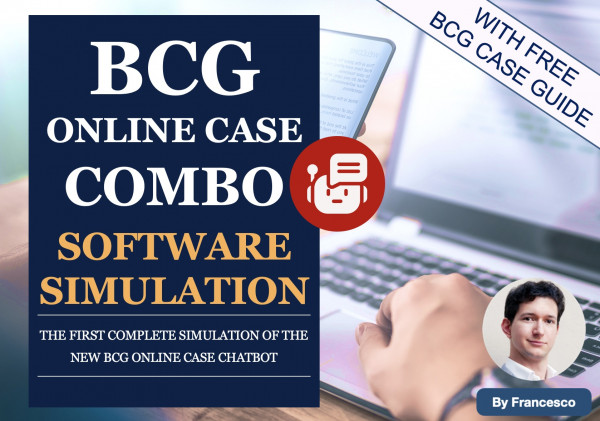Hello PrepLounge Community,
I recently received some feedback from the Project Leader and Partner at the BCG SEA office after being rejected in Round 1. They shared their thoughts on my performance during the interview:
What they liked:
1. They appreciated my clear communication skills and my ability to create a structured approach to tackle the case.
2. They liked my background and thought I understood what it takes to be a consultant.
What they think I could improve:
1. I did not follow the initial structure I proposed to solve the problem. Specifically, I could not pivot to a different branch of the solution tree when my current approach was challenged.
2. As an MBA candidate, they expected me to have more flexibility in my thought process. They felt that I still needed some work to think through ambiguous situations. Their advice was that it's okay to switch courses if my thinking is not leading me to a solution.
3. They considered me coachable but I needed help to adjust course quickly enough. This might be a red flag for handling changing hypotheses in practical situations.
I'd like to know if anyone else has received similar feedback and what they did to improve. A little background about me: I come from a risk consulting background, and I tend to struggle with casing by wanting to explore every possible solution and finding it hard to change my approach when it's not working.



